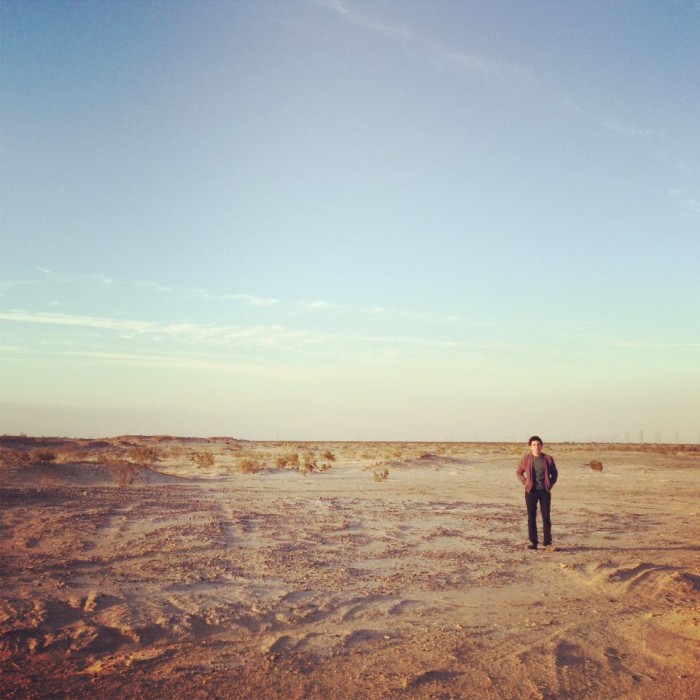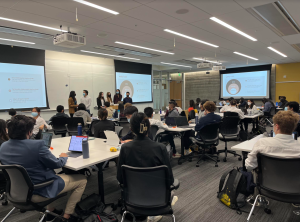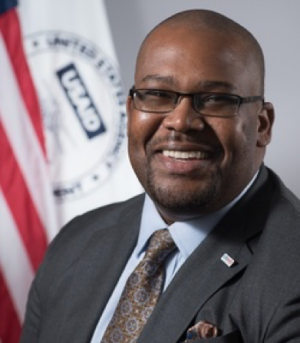
Luis Flores, a Blum Center student writer and soon-to-be first generation university graduate, has recently been awarded the prestigious Judith Lee Stronach Baccalaureate Prize for the 2013-14 school year. Below, Flores shares how his family history has inspired his pursuit of global economic and social justice. The Stronach Prize, celebrating the life and work of art historian, activist, and poetry teacher Judith Lee Stronach, offers generous grants of up to $25,000 for UC Berkeley undergraduates looking to heighten awareness of issues of social consciousness and the public good.
I am happily surprised to have been awarded a Judith Lee Stronach Baccalaureate Prize for the 2013-14 school year, which I will spend along the southern border with Mexico. My intended project straddles the line between community engagement and academic inquiry—or rather, proposes that they can (and must) be one and the same. Using different modes of community engagement, I hope to reveal the fundamentally transnational dynamics that made California’s southern border region particularly vulnerable to the Great Recession (the region now ranks the highest in national unemployment and embodies a series of other painful superlatives).
I was raised in a small desert town along the southern border convinced that my upbringing occurred in a bubble, disconnected from the cosmopolitan modern world. The education I received at UC Berkeley revealed the opposite. My native region, like all localities, is deeply interconnected with the “outer world” through a web of economic and social linkages. In fact, the tensions built into these relationships are particularly visible in border regions—where the irony of American economic power is a visible part of everyday life. It is these historical interconnections that my project seeks to uncover. A result of faulty immigration policy, World Bank-influenced economic policies, increases in free trade production, among other dynamics, residents on both sides of the border entered lives of credit dependency as early as the 1980s. It will be the effect of these economic histories that my project of community engagement will take on. The result will hopefully be the “denaturalization” of credit dependency and the opening of credit relationships as a new arena for political and social contestation.
While this project’s direction owes much to personal observation and experience, it is visibly imprinted by my time at UC Berkeley, where I’ve had the fortune of being a part of multiple communities. Enrolled in degree programs in History and in Political Economy, I benefited from the kindness and generosity of professors in geography, history, and global poverty and practice. Particularly, Khalid Kadir and professors Gillian Hart, Catherine Cole, and Ananya Roy have been formative mentors—constantly reminding me of the political stakes of academic research. I learned a great deal from the team of writers at the Berkeley Political Review, and have been perhaps most profoundly changed by my time living in the Berkeley Student Cooperative.
It is ironic that while I did not minor in Global Poverty and Practice, the Blum Center has become a sort of educational home. After two years of working as a staff writer, I’ve had the opportunity to meet dozens of GPP students, been exposed to the Big Ideas@Berkeley contest, and became involved with the center’s growing Global Poverty and Inequality Scholarship, like the Territories of Poverty conference and book. The administrative and educational staff members at the Blum Center are kind and supportive friends. The center attracts people passionately devoted to development—though from different perspectives. I’ve learned a great deal from these encounters and experiments within development practice.
While I am thankful to my mentors, family, and friends, I am aware that studying at UC Berkeley was the result of a series of incidental generational events and actions. This makes it problematic to congratulate myself. But whom or what should I thank? Should I go as far back as to thank the turbulent disagreements that compelled my grandmother and then-toddler dad to move from central Mexico to a town along on the Mexican side of the Arizona border—later facilitating my dad’s move to Baja California? Should I thank the low-paying municipal programs that made the prospect of illegal work in the U.S. more lucrative to my parents that their legal government jobs in Mexico? Surely I can thank the coincidental passing of an amnesty law in the 1980s, for granting my parents legal resident status and allowing for my privileged birth in a U.S. hospital. My point is that, particularly in moments of celebration, one can lose sight of how much an individual’s accomplishments are the result of the efforts of communities and generations, as well as of the random procession of history. There seems no difference in capability between many of my cousins in Mexico and me, who due to a different chance history are restricted from the opportunities that allowed me to apply for the Judith Lee Stronach Prize.
It is this sense of undue relative privilege that fuels what must be a life of social engagement. I encourage students interested in poverty research or social and economic justice to foster friendships with mentors and to seek out campus resources, but to never lose sight of the perspective and voices of the marginalized.
Flores is eager to assist students interested in applying to the prize or in projects of economic justice. He can be contacted at jr.luisf AT gmail DOT com.





